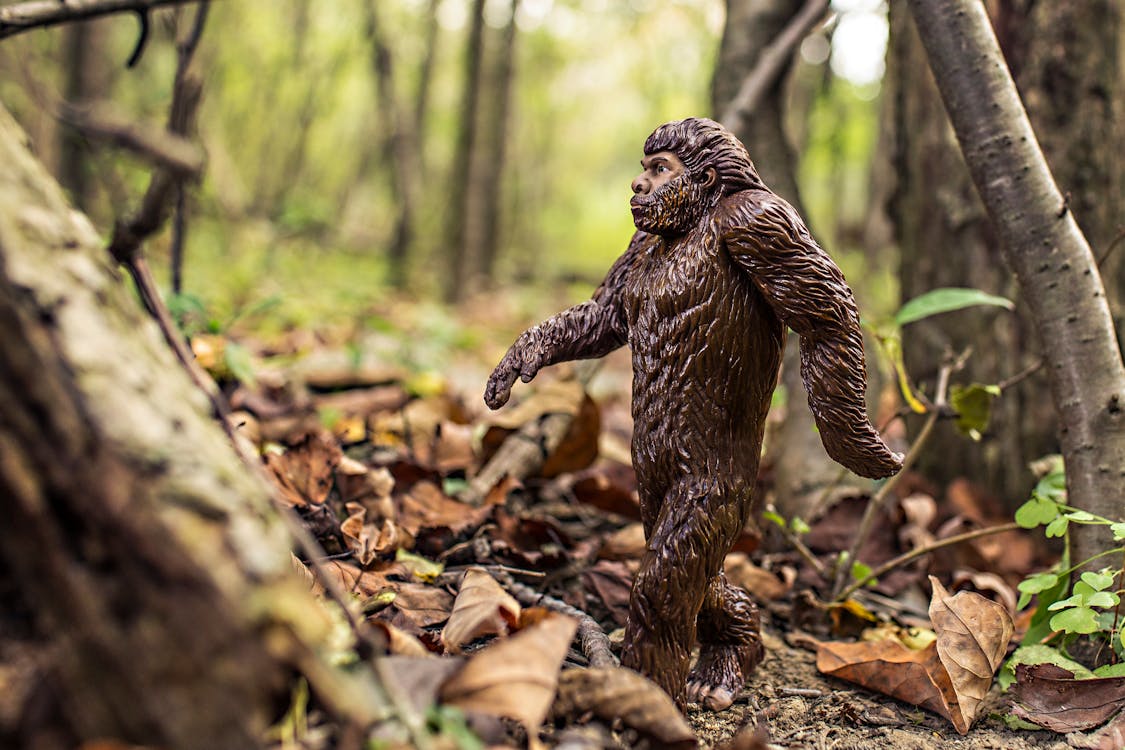Neanderthals and human ancestors 'intermarried' for nearly 7,000 years
Jun 08, 2024
Washington [USA], June 8: Neanderthals are among the most recently extinct relatives of modern humans (scientifically known as Homo sapiens). More than a decade ago, scientists discovered that Neanderthals had sex with modern humans migrating from Africa.
Today, the genomes of modern human populations outside Africa contain about 1% to 2% Neanderthal genes.
However, at that time, researchers still did not know when and where Neanderthal genes were allowed to enter the modern human genome . For example, did Neanderthals and modern humans live together in a specific area, or did interbreeding occur at different locations and times?
To solve this mystery, a team of experts from the Max-Planck Institute for Evolutionary Anthropology (Germany) and the University of California at Berkeley (USA) analyzed more than 300 modern human genomes, living for 45,000 years. last year. The genomes include samples from 59 individuals who livedbetween 2,200 and 45,000 years ago, and 275 modern-day individuals living in multiple locations, according to the report posted on the open-source portal BioRxiv .
According to them, the best explanation for the presence of Neanderthal genes in the human genome is that the two races had sexual relations over a period of 6,800 years and 47,000 years ago.
When modern human ancestors began migrating from Africa at least 194,000 years ago, the places they met with Neanderthals were West Asia, according to expert Chris Stringer of the Natural History Museum in London (UK), who did not participate in the study.
The German and American teams estimate that by the time the "intermarriage" period ended, more than 5% of the modern human genome was of Neanderthal origin. Or in other words, "about 1 in 20 parents in our ancestral population were Neanderthals," said population genetics expert Fernando Villanea of the University of Colorado Boulder (USA).
Source: Thanh Nien Newspaper








